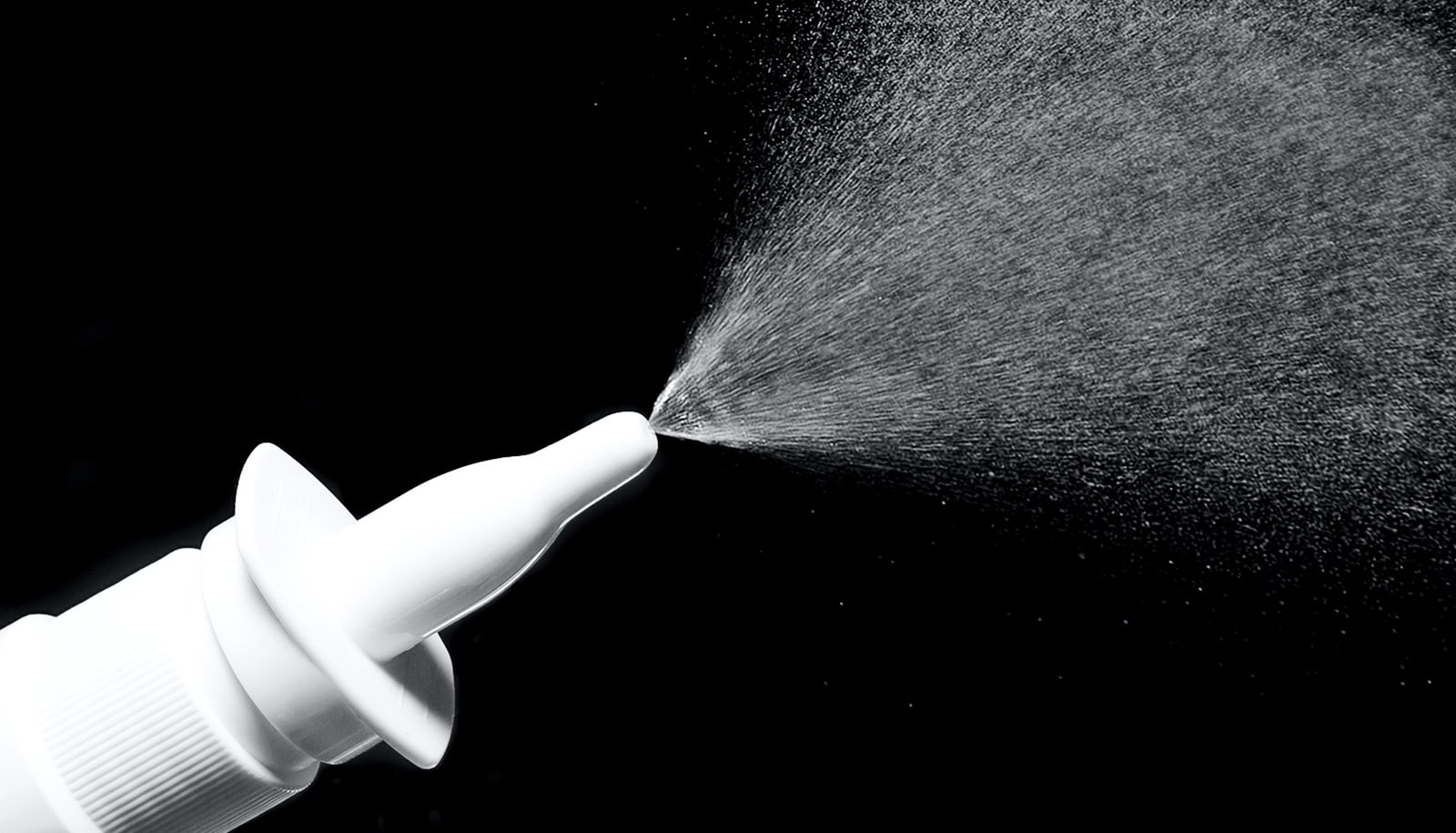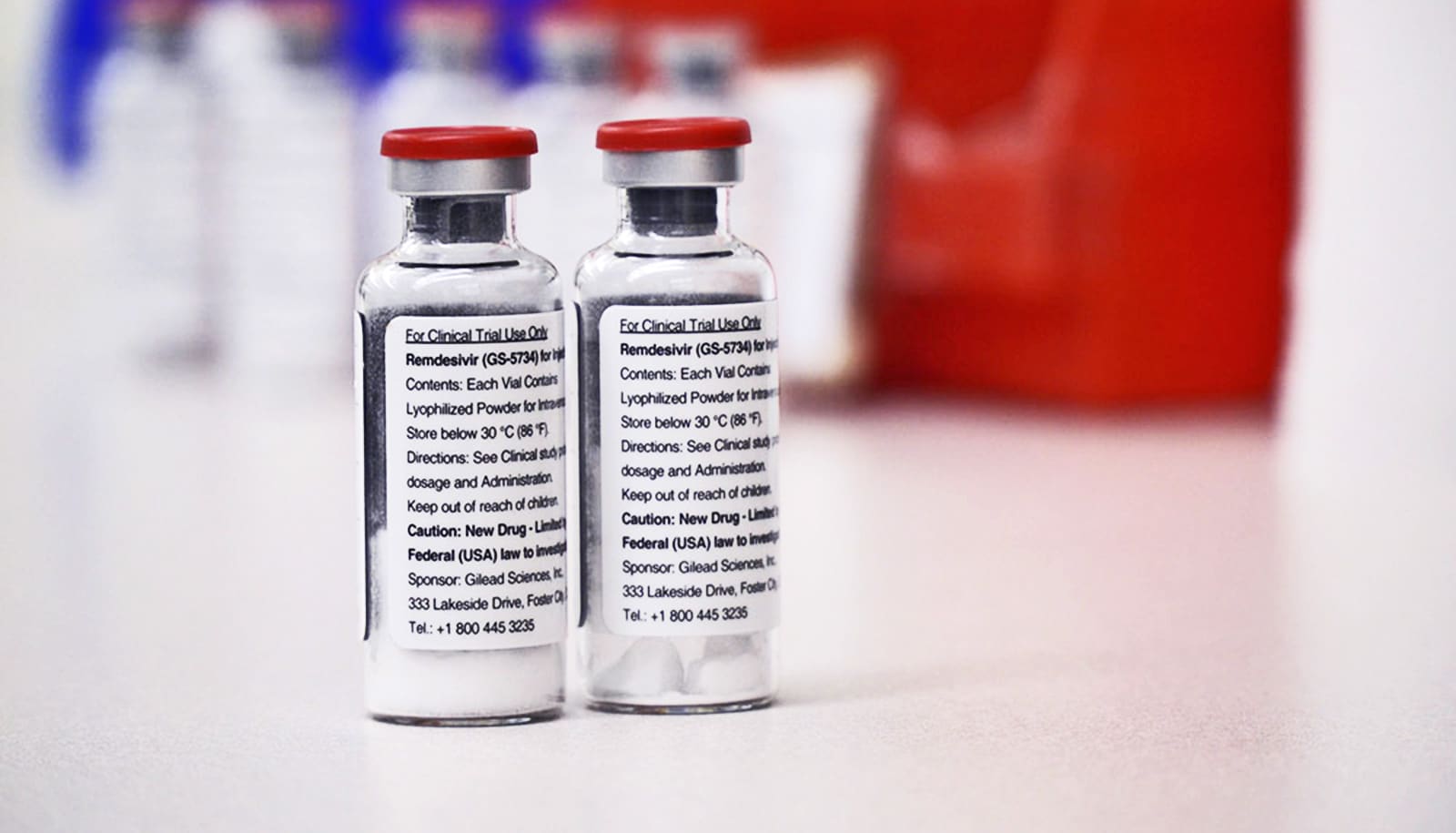A nasal spray derived from algae and a plant in the tobacco family could offer a preventive measure for COVID-19, according to a new study.
Researchers are making a molecule called Q-griffithsin using an anti-viral protein found in the New Zealand red algae Griffithsia and Nicotiana benthamiana, a plant in the same family as tobacco plants. The former has shown it can bind to other coronaviruses’ surfaces, making it unable to infect healthy cells.
“The nice thing about Q-griffithsin is that it has a number of activities against other viruses and pathogens,” says Lisa Rohan, a professor in the pharmaceutical sciences department at the University of Pittsburgh School of Pharmacy, and one of the lead researchers on the collaboration.
“It’s been shown to be effective against Ebola, herpes, and hepatitis, as well as a broad spectrum of coronaviruses, including SARS and MERS.”
The team envisions a nasal spray for people at higher risk of contracting COVID-19, such as health care and emergency medical service workers, and people with weak immune systems.
While the spray wouldn’t replace any successful COVID-19 vaccines developed in the future, it could provide an effective level of defense against the coronavirus for immune-compromised individuals who can’t take vaccines, Rohan says.
“The vaccine will also be specific for this particular coronavirus, while the nasal spray can be used for a broad spectrum of diseases,” she says. “Also, given Q-griffithsin’s broad spectrum activity against coronaviruses, it has potential to thwart future infections.”
Researchers formulated the drug into a nasal spray to fight COVID-19 because the virus typically enters through the nose and mouth, which the spray can target before it infects the lungs and creates more serious complications.
Though researchers use tobacco plants to manufacture the proteins, people who use the spray won’t receive the harmful effects associated with ingesting or inhaling tobacco. Researchers typically regard plants as a safe production platform for biopharmaceuticals.
“The end result is all protein, so there’s nothing from the plant itself. We purify the plant, so there’s no harmful components left. It’s like when people use bacteria to make antibiotics,” says Kenneth Palmer, chair in pharmaceutical plant-based research at the University of Louisville.
Rohan’s lab originally developed formulations for Q-griffithsin as a potential preventive for human immunodeficiency virus (HIV). Palmer’s lab has also tested Q-griffithsin on a number of viruses.
The HIV preventive project received funding from the National Institutes of Health’s Division of Allergies and Infectious Diseases. However, after seeing the fast spread of COVID-19, Rohan and Palmer looked back at previous data indicating the effectiveness of Q-griffithsin against other forms of coronavirus.
“This is a product that already has a nice safety profile and has an application that has allowed it move forward in the clinic. We believe this is a product we can rapidly advance in a realistic way,” Rohan says. “With adequate funding, we’re hoping to move the product into the clinic before the end of the year.”
Source: University of Pittsburgh



